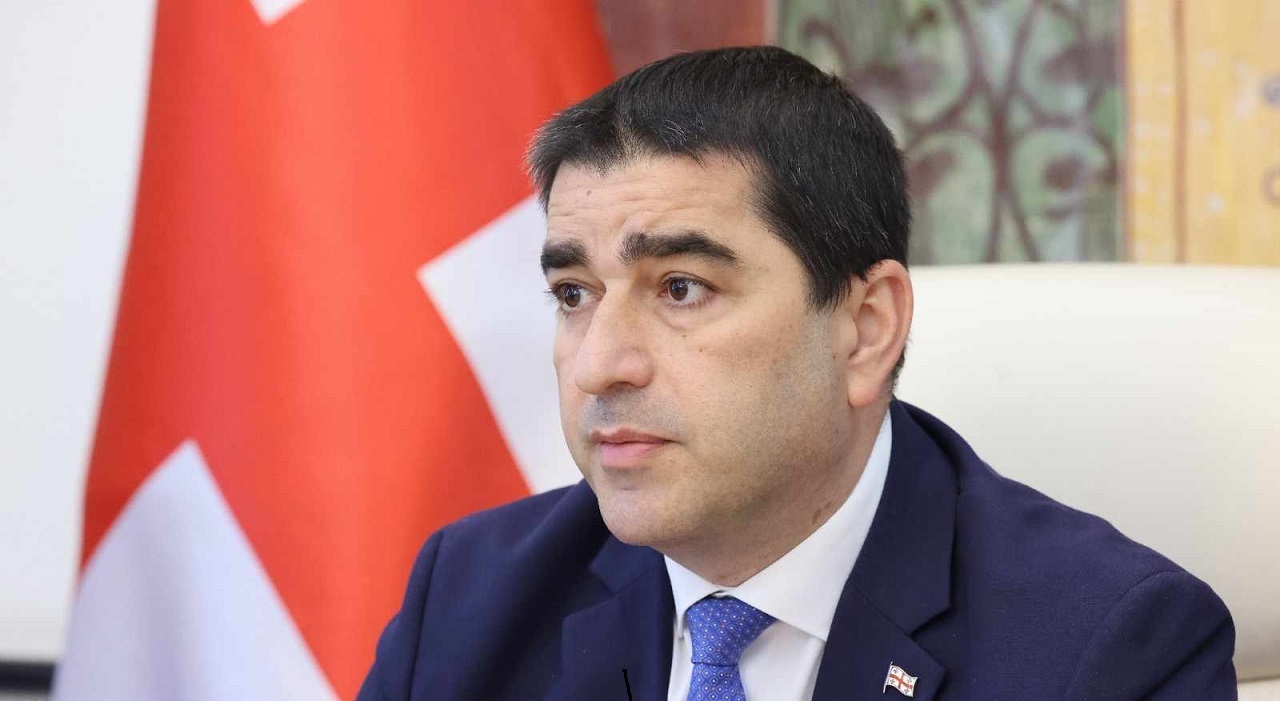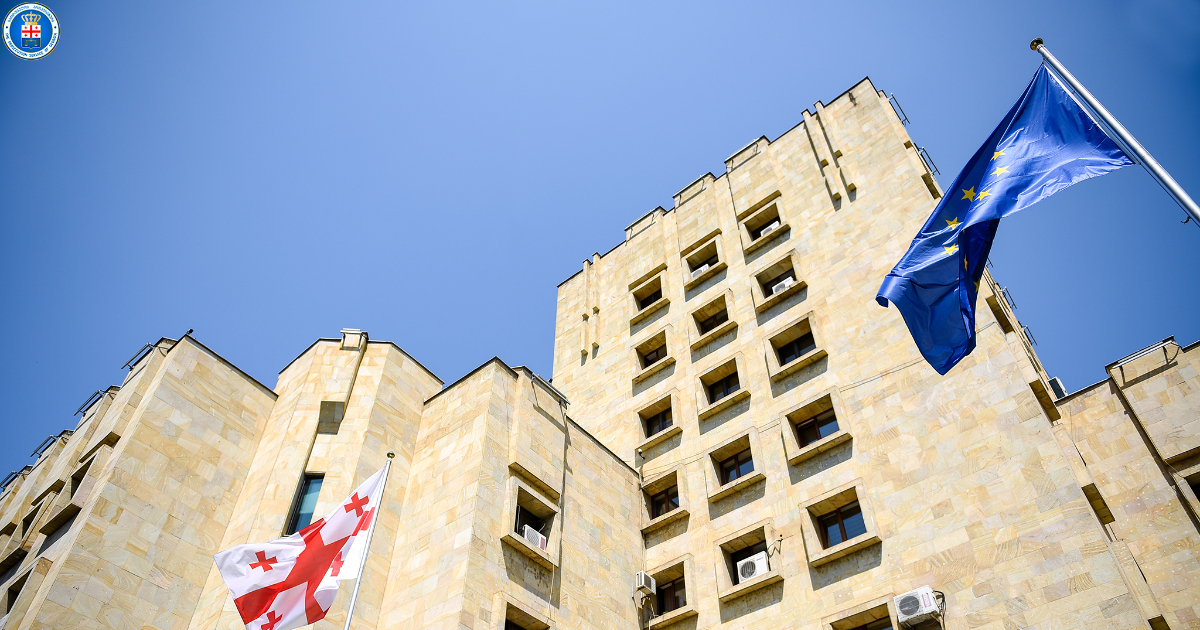Controversial foreign influence law comes into effect as Parliament Speaker signs it

Author
Front News Georgia
Shalva Papuashvili, Speaker of the Georgian Parliament, announced on Monday the signing of the law “On Transparency of Foreign Influence.” This legislation, criticized by domestic opposition and allies as a “Russian law,” is viewed as a potential impediment to the country’s Euro-Atlantic aspirations.
Papuashvili asserted that the law, which has ignited mass protests across Georgia, aims to strengthen the country’s political, economic, and social systems against external interference. Speaking to journalists, he explained that the law mandates non-governmental organizations (NGOs) and media outlets funded by foreign governments to meet a “minimum standard of transparency.” “The population must know who is behind each actor,” he stated.
During the two-month review process, Papuashvili accused the opposition of prioritizing foreign interests over national ones, alleging they confused national interest with international approval. He also criticized the foreign ministers and local opposition for allegedly using threats, blackmail, and stigmatization against the law, claiming these actions were contrary to European values.
Expressing disappointment, Papuashvili remarked that “no foreign entity” had voluntarily agreed to transparency obligations, interpreting this as an intention to maintain secrecy regarding foreign funding. He emphasized that the law imposes the “minimal obligation” of annual financial declarations for organizations receiving over 20 percent of their income from abroad.
Prime Minister Irakli Kobakhidze also commented on the law, underscoring that its adoption should not be seen as a victory for the government or a defeat for its opponents and international partners. He stressed that the law’s passage “serves Georgia’s sovereignty and security,” countering what he described as misinformation spread over the past two months.
Kobakhidze concluded that the transparency law would enhance the accountability of NGOs and their funders, improve the political system, and reduce disinformation, radicalism, and polarization.
However, the domestic civil sector, pointing to their already open incomes, argues that the authorities aim to suppress critical voices in the country. They anticipate further amendments to the law if the Georgian Dream Government retains office in the October general elections.
Tags:





